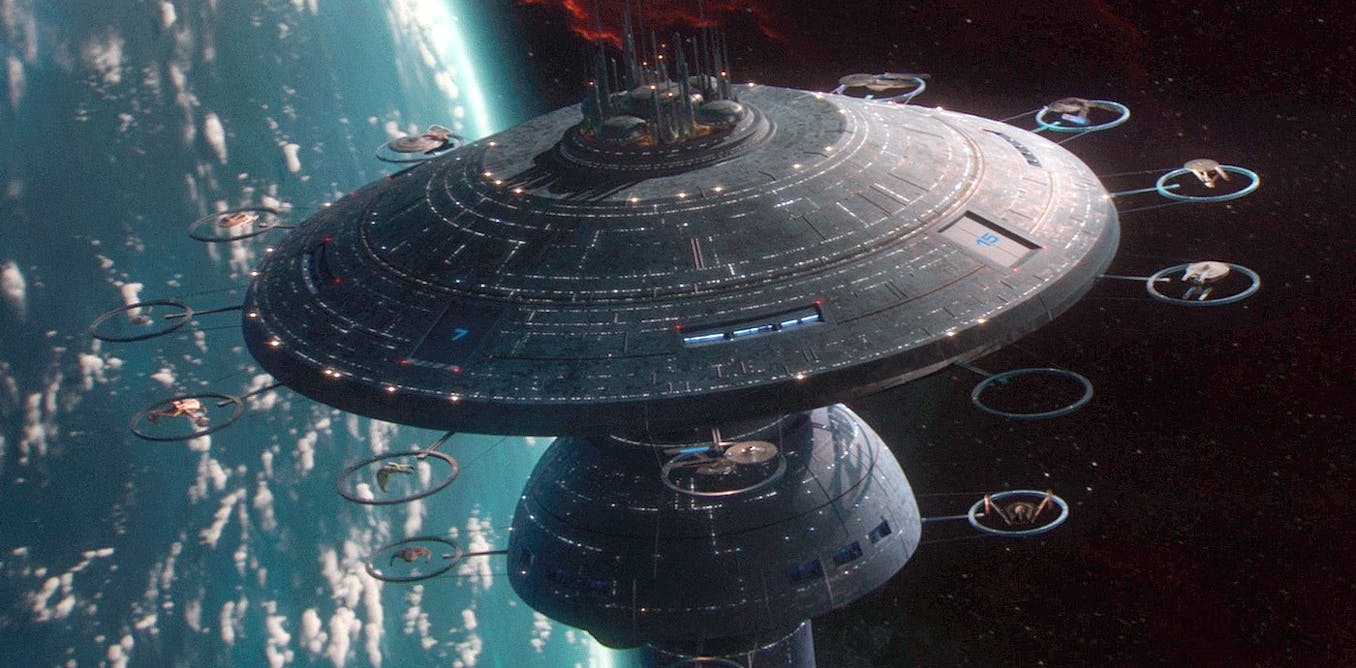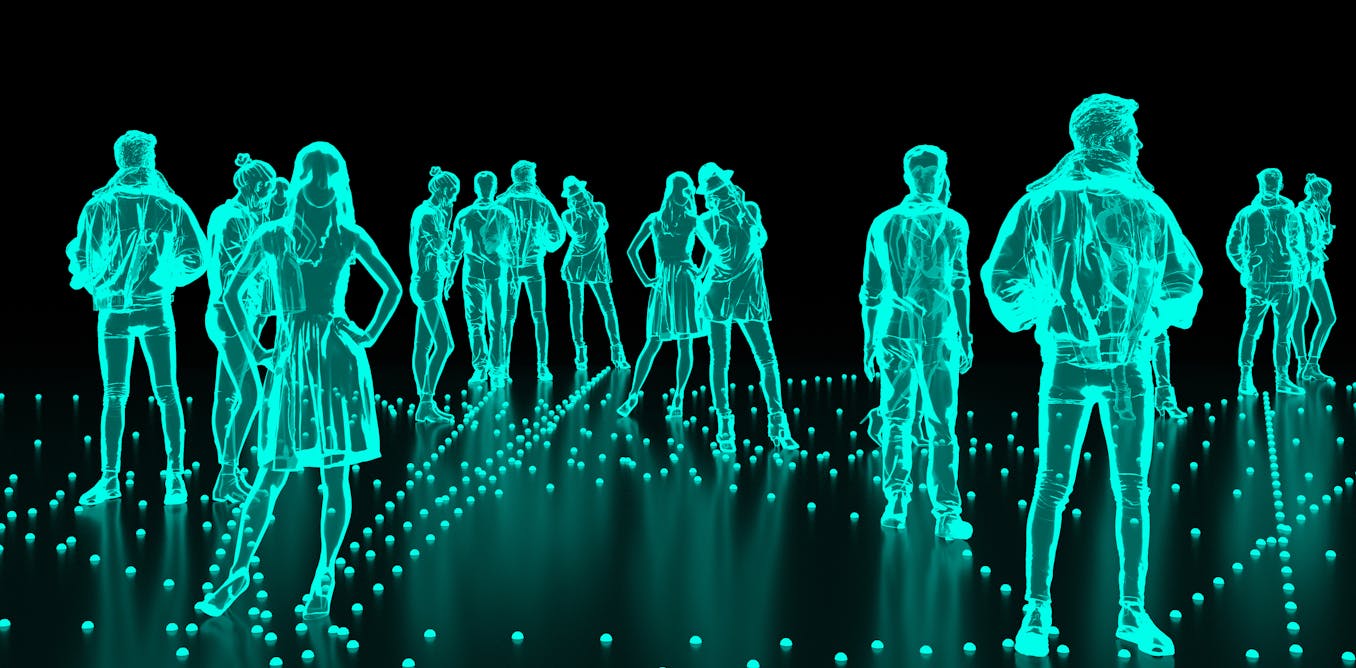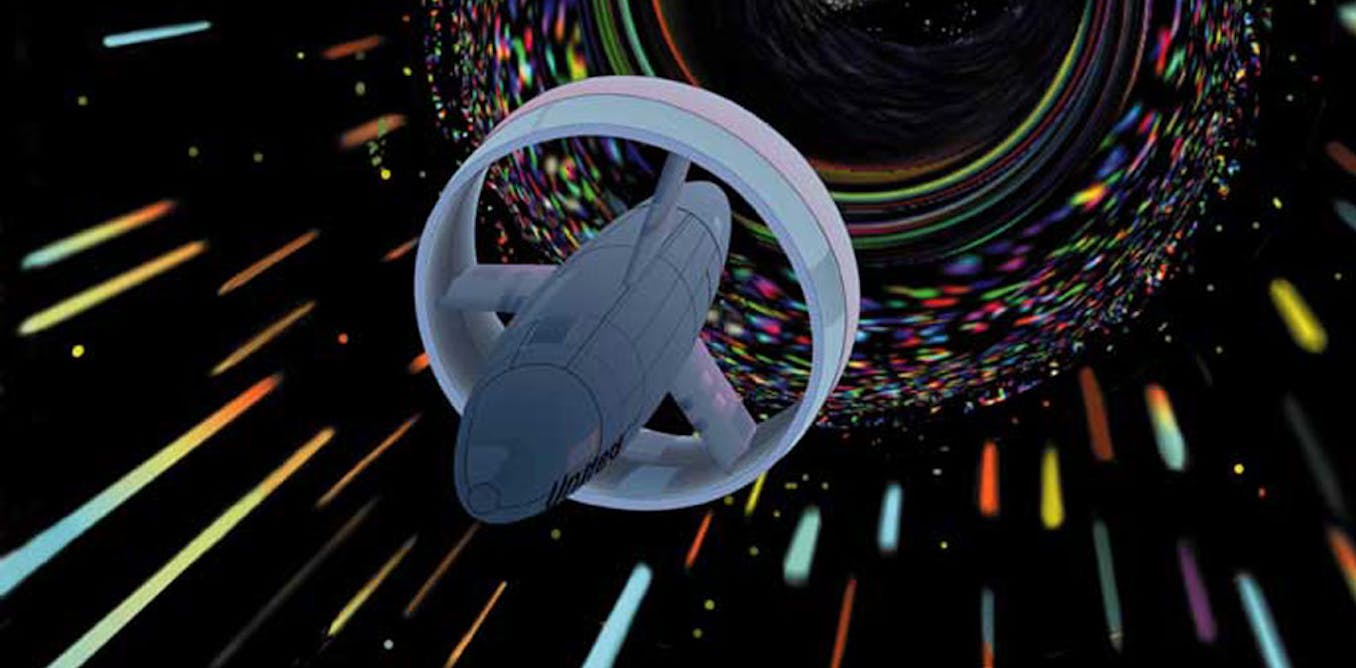Lessons from 'Star Trek: Picard' – a cybersecurity expert explains how a sci-fi series illuminates today's threats
‘Star Trek: Picard’ is set 400 years in the future, but, like most science fiction, it deals with issues in the here and now. The show’s third and final season provides a lens on cybersecurity.
May 12, 2023 • ~9 min






